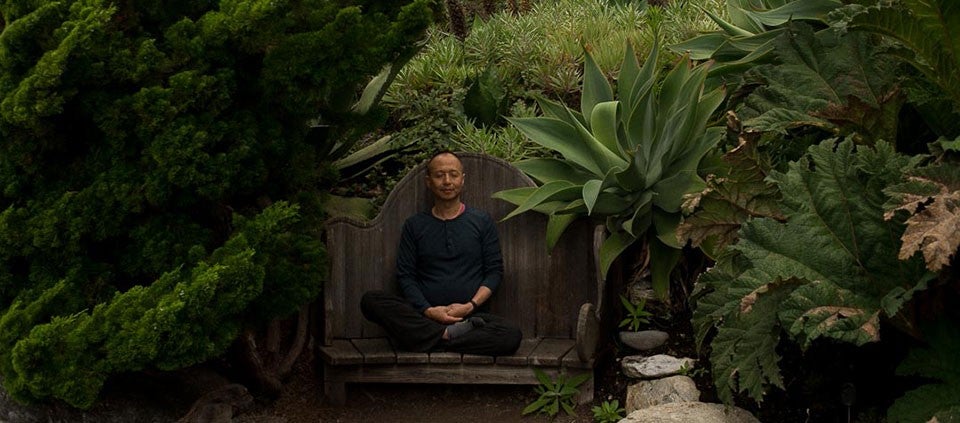When Calamities Become Blessings

Life has surprising turns for us, good and bad. When it is bad, or disastrous, it can disable us, or we can transform the calamity into a blessing or benefit.
In early November 2014, disabled by a bike accident, I was in bed several months with severe pain. Good sleep was impossible. With limited income to pay rent for my New York apartment or to support my family, I worried constantly. I was also concerned about explaining this situation to my students who expected an agile and able taiji teacher to demonstrate exactly what I lacked: agility and ability. Excruciating pain in my lower back, hip, and radiated pain down my leg interrupted every aspect of my life.
The most distressing aspects were that I could not receive a convincing diagnosis and nothing alleviated the pain. One of my physicians told me I would have lifelong pain and recommended surgery. Adding to my physical pain, I heard the devastating news that a friend in China had committed suicide on Christmas Eve. It was one of the lowest points in my life.
During previous times of misfortune, the famous saying “It is upon calamity that blessing leans” from Chinese philosopher Lao Zi (Lao Tzu) had fortified me. However, with persistent pain, I lost my faith. I was blind to any blessing, and only sought release from pain, neglecting to cultivate the Chinese philosophical wisdom and practice of “just right”(moderation, not too much, not too little). In doing "just right," I suffered fewer setbacks in the slow progress of sitting, walking, and being still.
“A thunderstorm will not last a whole day,” became another meditation that helped me survive. This mantra reassured me the pain would be temporary. Three years later, it was gone. Storms within us can also pass. I needed patience and acceptance to weather this storm of pain. I had been tempted by the quick fix of possible surgery, but waiting for my faith and wisdom to mature was ultimately the cure.
The blessing that came from my calamity was that I identified the effectiveness of two things that I already knew well: taiji and elegant sword form weapon practice. My practice was the answer for me and my students. As a result, I modified and refined my teachings on taiji and qigong by incorporating these healing movements for alleviating lower-back and hip pain. Enhanced self-awareness brought me physical and mental strength, and deep sleep returned.
The blessing multiplied as I shared it with my students. Through witnessing my healing and practice, they were in turn helped with pain management and prevention through simple, short, but consistent daily practice.
Now I truly believe that all calamities can be blessings.
Find out about upcoming programs with Yang Yang at Kripalu.
This essay was originally published on Yang Yang's website.
Grandmaster Yang Yang, PhD, is a leading tai chi and qigong master, educator, and researcher dedicated to alleviating chronic pain through ancient Chinese healing practices.
Full Bio and Programs